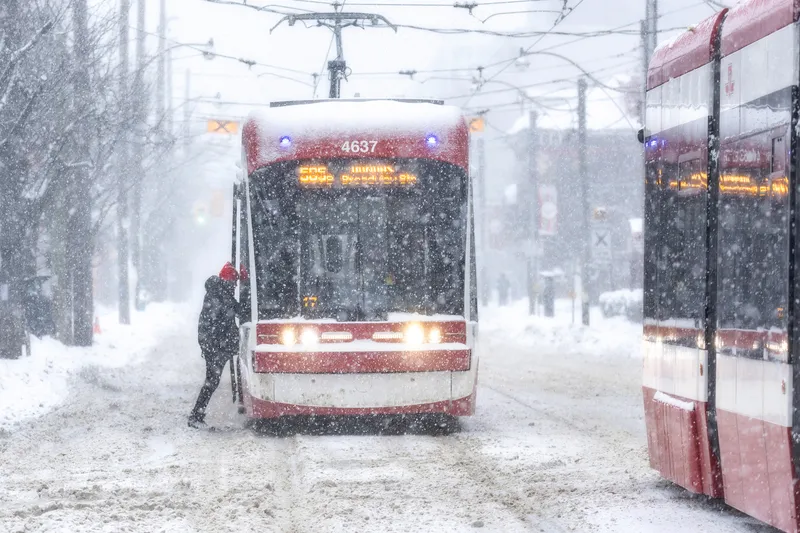Lisbon city council in Portugal is to set up a new CCTV system in order to monitor the road traffic on the streets of the capital. The system will help the council to enforce traffic penalties on drivers of old pollutant vehicles who are banned from certain central areas, the Reduced Emissions Zones (ZER). ZERs were implemented in 2011 for vehicles with registrations prior to 1992; this was later extended to include cars registered before 1996. However, the city council’s lack of resources means that to da
November 21, 2012
Read time: 2 mins
Lisbon city council in Portugal is to set up a new CCTV system in order to monitor the road traffic on the streets of the capital. The system will help the council to enforce traffic penalties on drivers of old pollutant vehicles who are banned from certain central areas, the Reduced Emissions Zones (ZER).
ZERs were implemented in 2011 for vehicles with registrations prior to 1992; this was later extended to include cars registered before 1996. However, the city council’s lack of resources means that to date few vehicle owners have been fined. The new system will automatically detect the licence plates of offending drivers, enabling the council to implement the ban and issue fines.
According to the council the rules are a requirement of the European Union to prevent pollution in the city and at the beginning of 2013 it plans to extend the ban to cars registered before 2000.
ZERs were implemented in 2011 for vehicles with registrations prior to 1992; this was later extended to include cars registered before 1996. However, the city council’s lack of resources means that to date few vehicle owners have been fined. The new system will automatically detect the licence plates of offending drivers, enabling the council to implement the ban and issue fines.
According to the council the rules are a requirement of the European Union to prevent pollution in the city and at the beginning of 2013 it plans to extend the ban to cars registered before 2000.










